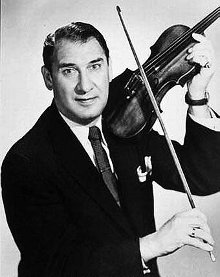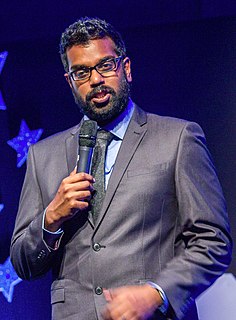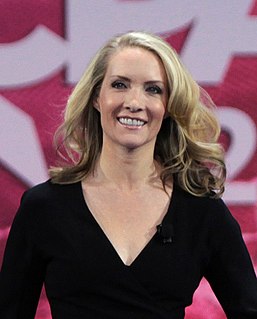A Quote by Henny Youngman
I know what I'm giving up for Lent: my New Year's resolutions.
Quote Topics
Related Quotes
The object of a New Year is not that we should have a new year. It is that we should have a new soul and a new nose; new feet, a new backbone, new ears, and new eyes. Unless a particular man made New Year resolutions, he would make no resolutions. Unless a man starts afresh about things, he will certainly do nothing effective.
Sometimes we know the best thing to do, but fail to do it. New year's resolutions are often like that. We make resolutions because we know it would be better for us to lose weight, or get fit, or spend more time with our children. The problem is that a resolution is generally easier to break than it is to keep.
Many people have trouble sticking to their resolutions, and there is a simple scientific explanation for this. In 1987, a team of psychologists conducted a study in which they monitored the New Year's resolutions of 275 people. After one week the psychologists found that 92 percent of the people were keeping their resolutions; after two weeks we have no idea what happened because the psychologists had quit monitoring.
Lent is the time for trimming the soul and scrapping the sludge off a life turned slipshod. Lent is about taking stock of time, even religious time. Lent is about exercising the control that enables us to say no to ourselves so that when life turns hard of its own accord we have the stamina to yes to its twists and turns with faith and hope. Lent is the time to make new efforts to be what we say we want to be.


































